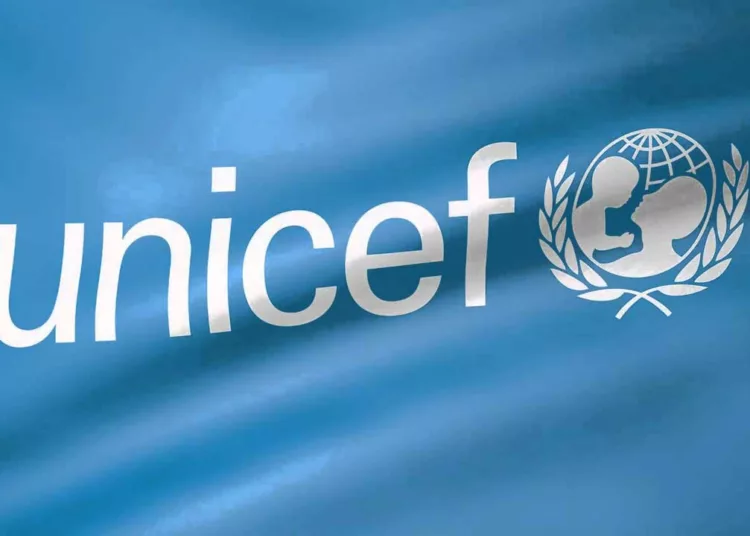United Nations Children’s Fund (UNICEF) has expressed concern over the stagnation of exclusive breastfeeding rates in Nigeria, and called for stronger support systems for mothers.
This is contained in a statement released by UNICEF yesterday to commemorate the 2025 World Breastfeeding Week which is marked globally from August 1–7 annually.
UNICEF Nigeria country representative, Wafaa Saeed Abdelatef, stressed the need for urgent action to reverse declining trends in optimal breastfeeding practices which are vital to child survival and development.
According to the 2023–24 National Demographic and Health Survey (NDHS), exclusive breastfeeding rates have remained stagnant at 29 per cent, with a worrying drop in early initiation of breastfeeding, from 42 percent in 2018 to 36 per cent in 2023. Even more concerning, only 23 per cent of babies are breastfed up to the recommended two years, while just 12 out of Nigeria’s 36 states and the FCT provide up to six months of paid maternity leave.
This year’s World Breastfeeding Week, themed: “Prioritise Breastfeeding: Create Sustainable Support Systems,” underscores the need for nationwide policies and community-driven efforts to protect, promote and support breastfeeding.
“Breast milk is central to child survival and development. We all have a role to play in supporting mothers to breastfeed effectively. This World Breastfeeding Week, we urge every level of government, every workplace, and every community to build lasting support systems so that no mother lacks the encouragement or resources she needs, Abdelatef.
“This week must go beyond celebration. Let it mark a turning point where we move from awareness to action, ensuring that every Nigerian child receives the healthiest start in life,” Abdelatef added.
Breast milk offers a complete source of nutrition for infants, boosts immunity, and contributes to better cognitive outcomes. For mothers, it lowers the risk of certain cancers and Type II diabetes. It is also environmentally friendly, requiring no packaging or processing, and plays a crucial role in climate resilience.
Yet, despite over 90 percent of Nigerian mothers initiating breastfeeding at some level, many do not receive the guidance or workplace flexibility needed to sustain optimal practices. Experts warn that without institutional changes, the health and development of millions of Nigerian children remain at risk.
Under the federal government’s Nutrition 774 Initiative, UNICEF and its partners are calling on policymakers, healthcare providers, employers, civil society, and communities to: equip health workers with the skills and tools to support breastfeeding, ensure six months of paid maternity leave across all states, promote breastfeeding-friendly environments in workplaces and public spaces, recognize breastfeeding as a smart national investment that upholds children’s rights to nutrition and development.





